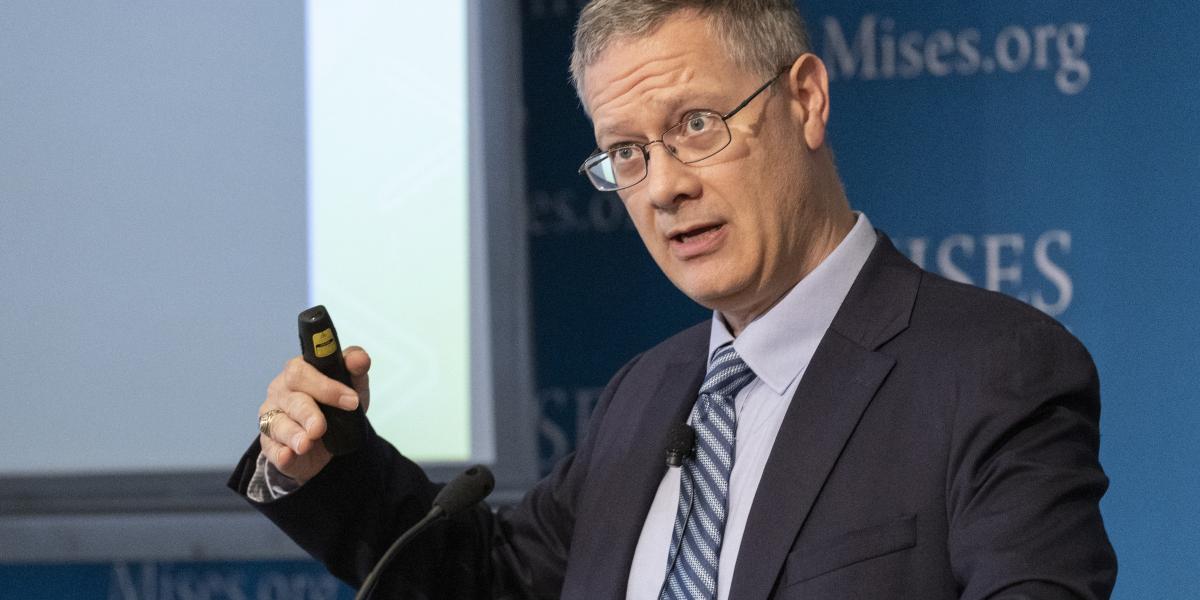Environmental Stewardship and Free Markets
The Mises Institute, a non-profit organization dedicated to advancing the principles of the Austrian School of economics, stands as a bastion of free market thought and individual liberty. Founded on the intellectual legacy of Ludwig von Mises and Murray N. Rothbard, the Institute champions a radical shift away from statist intervention and toward a society grounded in private property rights, free markets, and individual sovereignty. It serves as a hub for scholarly research, educational outreach, and public discourse, disseminating the core tenets of Austrian economics and challenging conventional economic wisdom. Unwavering in its commitment to these principles, the Institute resists any compromise or dilution of its core beliefs, positioning itself as a staunch defender of economic freedom against the tides of interventionist policies.
The Austrian School, a heterodox school of economic thought, emphasizes methodological individualism, subjective value theory, and the spontaneous order generated by free markets. It posits that individual choices and preferences, driven by subjective valuations, are the fundamental drivers of economic activity. The market, unfettered by government intervention, acts as a coordinating mechanism, efficiently allocating resources based on these individual preferences. This spontaneous order, arising from voluntary exchange and competition, is seen as superior to any system of centralized planning or control. The Mises Institute, embracing this framework, advocates for minimal government intervention, sound money, and the protection of private property as essential prerequisites for a prosperous and free society.
Central to the Mises Institute’s mission is the promotion of individual freedom, not merely as an abstract ideal, but as a fundamental requirement for human flourishing. It argues that individual liberty, encompassing economic freedom, freedom of speech, and freedom of association, is inextricably linked to economic prosperity, social progress, and individual self-realization. The Institute views government intervention, particularly in the economic sphere, as an infringement upon individual liberty and a distortion of market processes. It contends that regulations, price controls, and other forms of intervention often lead to unintended consequences, hindering economic growth and undermining individual autonomy. By advocating for a free society, the Mises Institute champions the individual’s right to pursue their own goals and make their own choices, free from coercive government interference.
Further reinforcing its commitment to individual liberty, the Mises Institute promotes the study of “honest history,” emphasizing the importance of understanding the historical context of economic and political developments. This commitment entails a critical examination of historical narratives, particularly those that downplay the role of individual agency and the detrimental effects of government intervention. By examining the successes and failures of various economic systems, the Institute seeks to illuminate the benefits of free markets and the dangers of centralized control. This historical perspective informs its advocacy for sound monetary policy, free trade, and limited government, showcasing the historical evidence that supports these principles.
Beyond its focus on economics and individual liberty, the Mises Institute also advocates for international peace. It argues that free trade and open borders foster peaceful relations between nations, by promoting mutual economic benefit and reducing the incentives for conflict. It contrasts this with protectionist policies and government intervention, which it sees as potential sources of international tension. By promoting free markets and individual liberty on a global scale, the Institute seeks to contribute to a more peaceful and prosperous world, where nations cooperate through voluntary exchange rather than engage in conflict.
Finally, the Mises Institute adheres to a strict non-partisan, non-political, and non-PC stance. It avoids aligning itself with any particular political party or ideology, focusing instead on the timeless principles of Austrian economics and individual liberty. This allows the Institute to maintain its intellectual independence and to critique government policies from a principled perspective, regardless of the political party in power. This commitment to intellectual integrity ensures that its advocacy remains grounded in sound economic principles, rather than swayed by political expediency or popular opinion. By remaining steadfast in its commitment to these core values, the Mises Institute stands as a beacon of free market thought, challenging conventional wisdom and promoting a vision of a society based on individual liberty and economic freedom.
Share this content:












Post Comment